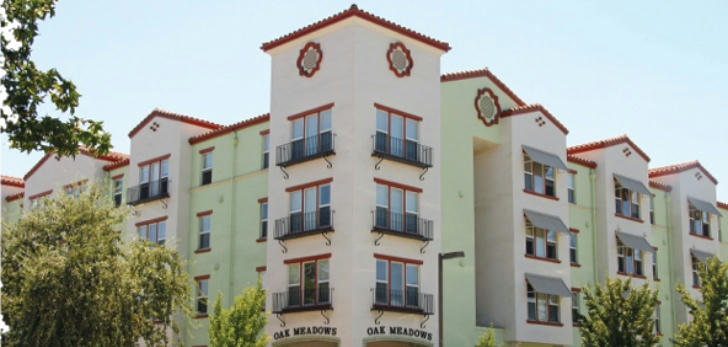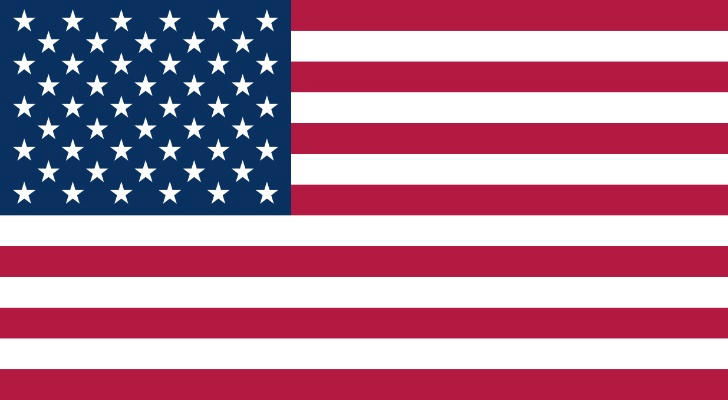🏠 Apply for Government-Funded Housing: Affordable Options for Seniors and Low-Income Families
Finding affordable housing can be a challenge for seniors, individuals with disabilities, and low-income families. Luckily, government-funded housing programs exist to make safe and stable rental options accessible to eligible households.

🏢 What Is Government-Assisted Housing?
Government-assisted housing includes programs designed to reduce housing costs for eligible residents. These initiatives are overseen by the U.S. Department of Housing and Urban Development (HUD) and managed locally by Public Housing Agencies (PHAs).
Here are the main types of assistance:
| Program | Overview |
|---|---|
| Public Housing | Apartments or homes owned and operated by the government, rented at affordable rates to low-income families. |
| Section 8 Housing Choice Voucher | Provides rental subsidies for private-market housing; tenants generally pay 30% of their income. |
| HUD Section 202 & 811 Housing | Specialized housing for seniors (62+) or individuals with disabilities, often with accessibility features and on-site support. |
| Project-Based Rental Assistance (PBRA) | Subsidized units linked to specific properties; tenants must live in the designated building to maintain assistance. |
Each program has its own eligibility requirements, application steps, and waitlist procedures, helping millions of Americans secure housing stability.
👴 True story: James’ Housing Journey
James, a 70-year-old veteran living in Phoenix, Arizona, receives $1,500 per month from Social Security. With local one-bedroom apartments averaging $1,000, most of his income would go toward rent, leaving little for daily expenses.
He applied to a HUD Section 202 senior housing program through his local PHA. After four months on the waiting list, he received an offer for a unit in a senior apartment complex. His rent was adjusted to 30% of his income ($450/month).
Beyond affordability, the building provided community spaces, on-site healthcare check-ins, and social activities, allowing James not only to live independently but also to stay socially active and connected.
👥 Who Is Eligible?
Eligibility criteria generally include:
| Requirement | Details |
|---|---|
| Income | Usually at or below 50–80% of the Area Median Income (AMI). |
| Citizenship | At least one household member must be a U.S. citizen or eligible immigrant. |
| Background Checks | Rental history, credit review, and sometimes criminal background checks are required. |
| Special Needs | Section 202/811 applicants must provide proof of age (62+) or disability. |
Some programs give priority to seniors, veterans, and families with urgent needs.
📝 How to Apply
Applications are submitted through your local PHA and typically involve:
1.Creating an online account with household and personal information.
2.Uploading required documents (ID, proof of income, proof of age or disability if applicable).
3.Selecting preferred housing types, locations, and programs.
4.Submitting the application and monitoring its status online.
⚠️ Note: Many applicants are placed on waiting lists. Maintaining communication with your local PHA is key.
💡 Benefits of Government-Funded Housing
• Affordable Rent: Often capped at 30%–50% of income.
• Stability: Long-term residency is possible when lease agreements are followed.
• Priority Access: Seniors, veterans, and people with disabilities may receive faster approval.
• Support Services: Some programs offer healthcare check-ins, job assistance, or homeownership guidance.
• Safe Housing: HUD ensures that all properties meet safety and quality standards.
• Income Flexibility: Earning more does not automatically disqualify tenants.
📌 Tips for a Strong Application
• Gather all documents early to avoid delays.
• Apply to multiple programs to increase chances.
• Respond promptly to all communications from housing authorities.
• Provide accurate and complete information; errors can slow or prevent approval.
✅ Key Takeaways
Affordable housing is a right, not a privilege. Government programs exist to help seniors and low-income families achieve long-term housing stability. Exploring these options is the first step toward safe, affordable, and independent living.

